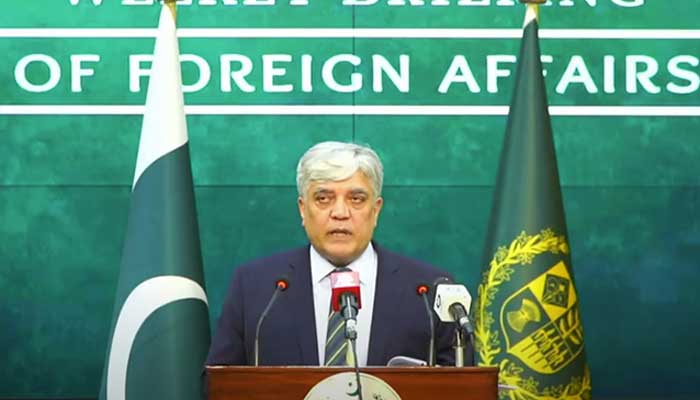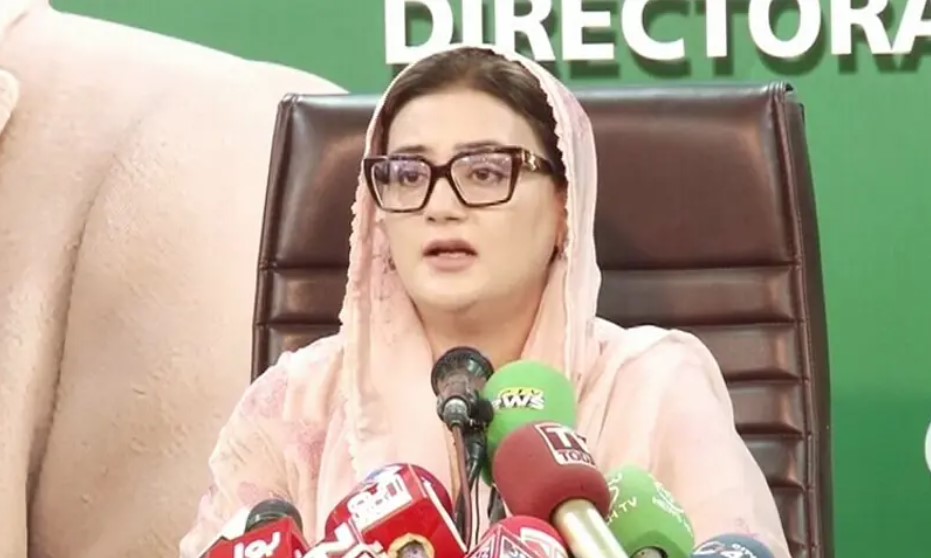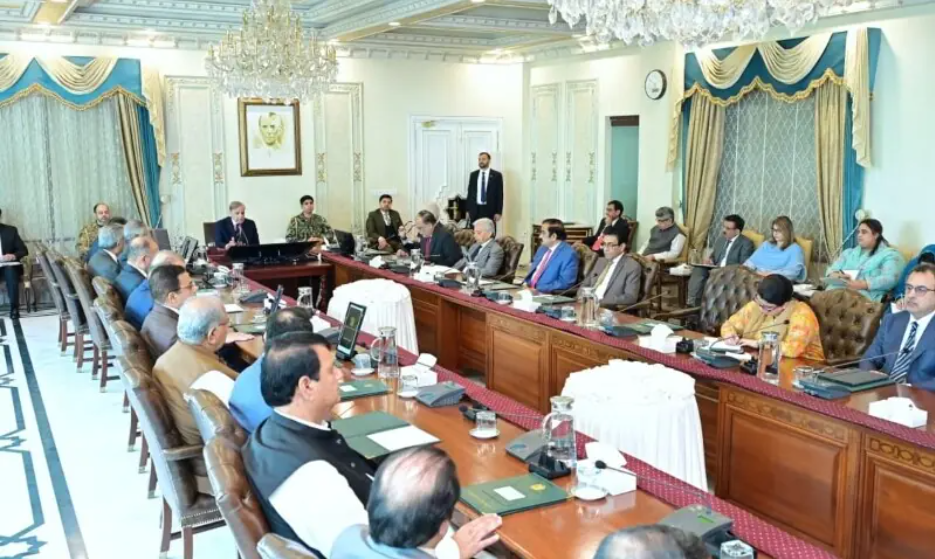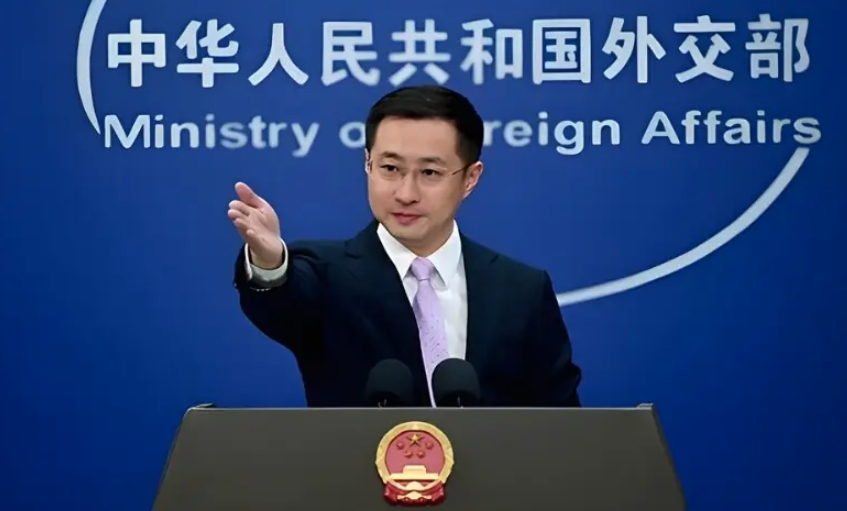POLITICS & POLICY MAKING
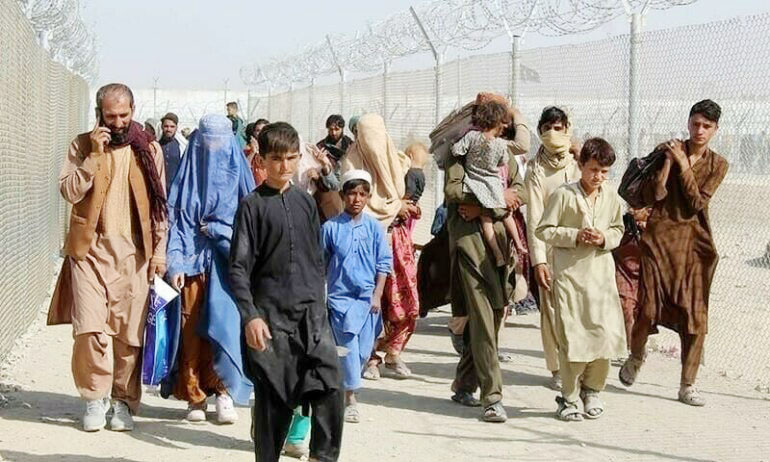
Pakistan Ends Extension for Afghan Refugees as Over 1.47 Million Return Home
ISLAMABAD — Pakistan has announced that it will grant no further extension for Afghan refugees living illegally in the country, with official figures revealing that more than 1.47 million Afghan nationals have already been repatriated as of October 16.
The decision was shared during a high-level meeting chaired by Prime Minister Shehbaz Sharif on Friday, according to a statement from the Prime Minister’s Office (PMO). The meeting was attended by Army Chief Field Marshal Asim Munir, provincial chief ministers (except Khyber Pakhtunkhwa), the Prime Minister of Azad Kashmir, and senior federal officials.
Officials briefed the meeting that the repatriation drive, launched on September 1, targets Afghan nationals living in Pakistan without valid visas — including those holding Proof of Registration (PoR) cards, the last legal category of Afghan refugees permitted to stay temporarily.
The PMO stated that only Afghans possessing valid Pakistani visas will be allowed to remain in the country. Additional exit points are being set up on the Afghan side to make the process smoother and faster.
Authorities also warned that harboring illegal Afghan residents or allowing them to stay in guesthouses constitutes a criminal offense, and the public will be engaged to ensure enforcement. “Efforts are underway to identify such individuals, and no one will be allowed to violate government policy by providing shelter to Afghan nationals,” the PMO said.
During the meeting, Prime Minister Shehbaz Sharif emphasized that elderly persons, women, children, and minorities must be treated with dignity and respect during the repatriation process.
Referring to security concerns, the premier said that Pakistan’s top leadership, including the Deputy Prime Minister, had held several discussions with the Afghan interim government in Kabul, urging them to prevent Afghan soil from being used for terrorist activities against Pakistan.
“Pakistan has made serious diplomatic and political efforts to stop the infiltration of militants from Afghanistan,” he said. “The brave people of Pakistan, who have lost loved ones in the war against terrorism, now ask: how long will we continue to bear the burden of Afghan refugees?”
Shehbaz expressed serious concern over recent cross-border attacks originating from Afghanistan, calling them a “matter of national security.” He commended Pakistan’s armed forces for their “strong and decisive response” under the leadership of Field Marshal Asim Munir, saying, “The entire nation pays tribute to them.”
The meeting concluded with a directive for all provinces to fully cooperate in implementing repatriation policies. The forum decided that all recommendations would be strictly enforced.
According to the UN Refugee Agency (UNHCR), around 3.5 million Afghans have been living in Pakistan, including about 700,000 who arrived after the Taliban takeover in 2021. Half of these refugees are believed to be undocumented.
While Pakistan has hosted Afghan refugees for over four decades, the government says the growing population is now putting strain on national resources and posing security risks.
